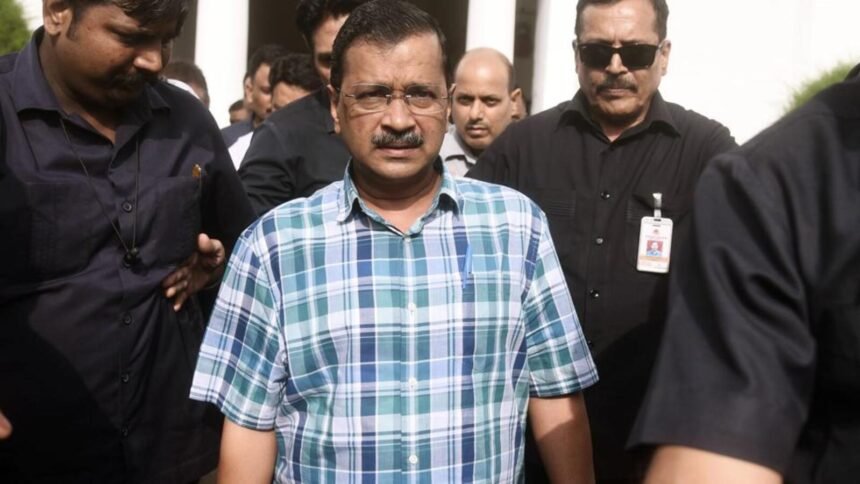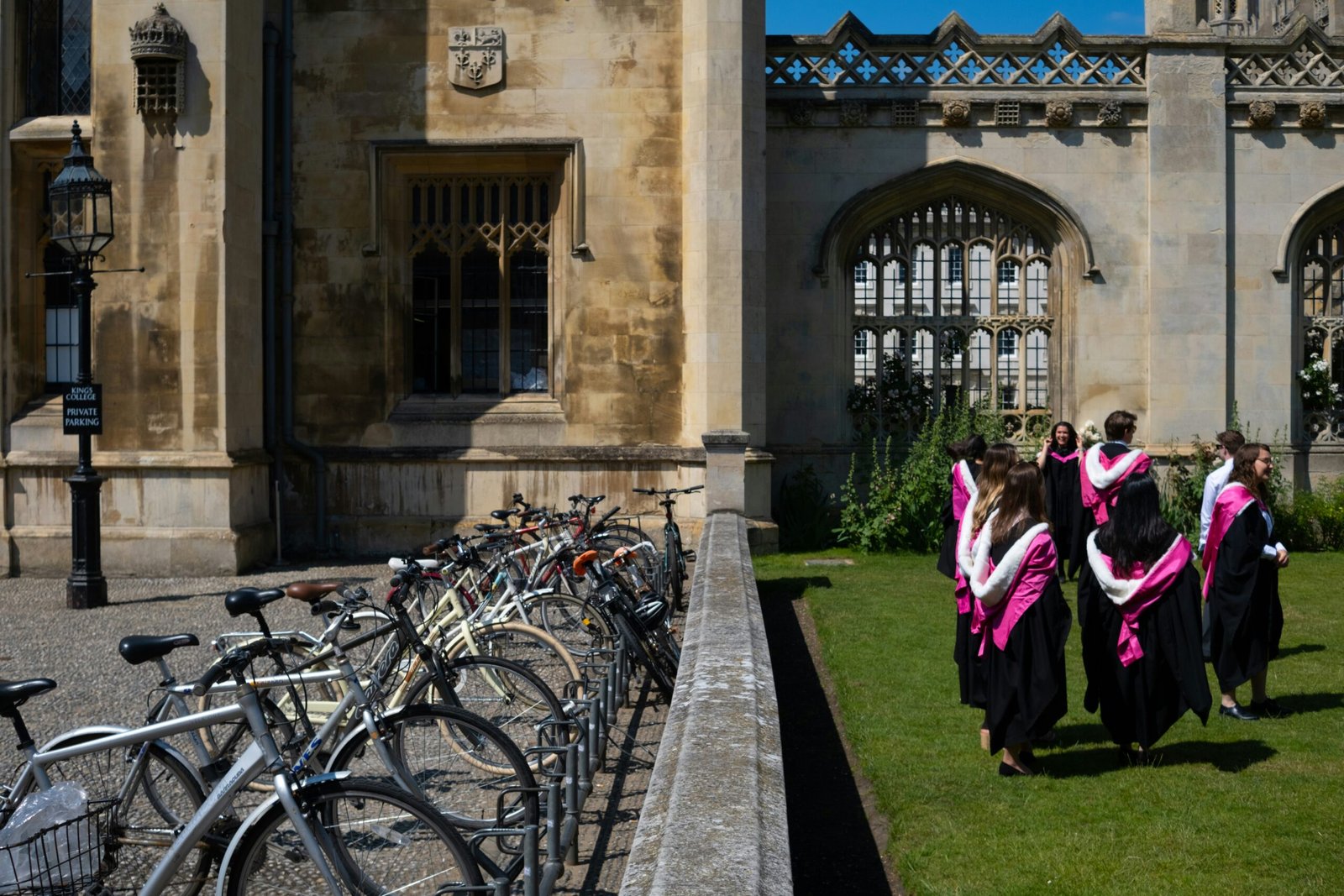Big Breaking News: Supreme Court Ruling
In a significant development that has taken the political landscape by storm, the Supreme Court has issued a ban on Arvind Kejriwal from signing any official files. This landmark decision has raised eyebrows and questions about the Chief Minister’s role in governing Delhi amidst such restrictions.
Details of the Bail Agreement
Mr. Kejriwal has been granted bail with a bond of Rs 10 lakh, yet the conditions imposed are considerable. He is strictly prohibited from attending his office or signing any official documents. This effectively raises the question: how can a Chief Minister function under such limitations?
Implications of the Conditions
Alongside the inability to handle files, Mr. Kejriwal is barred from visiting the Chief Minister’s office located in the Delhi Secretariat. Moreover, he cannot make public comments regarding the ongoing case, nor will he have any interaction with witnesses or access to related files. The impact of these constraints on his capability to govern is substantial, leaving many to ponder what actions he can take as Chief Minister moving forward.
This unprecedented situation not only puts Kejriwal’s political future at stake but also affects the governance of Delhi. As this situation unfolds, many will be keenly observing how the Aam Aadmi Party navigates these troubled waters and what strategies will be employed to ensure the state’s administration continues effectively.




